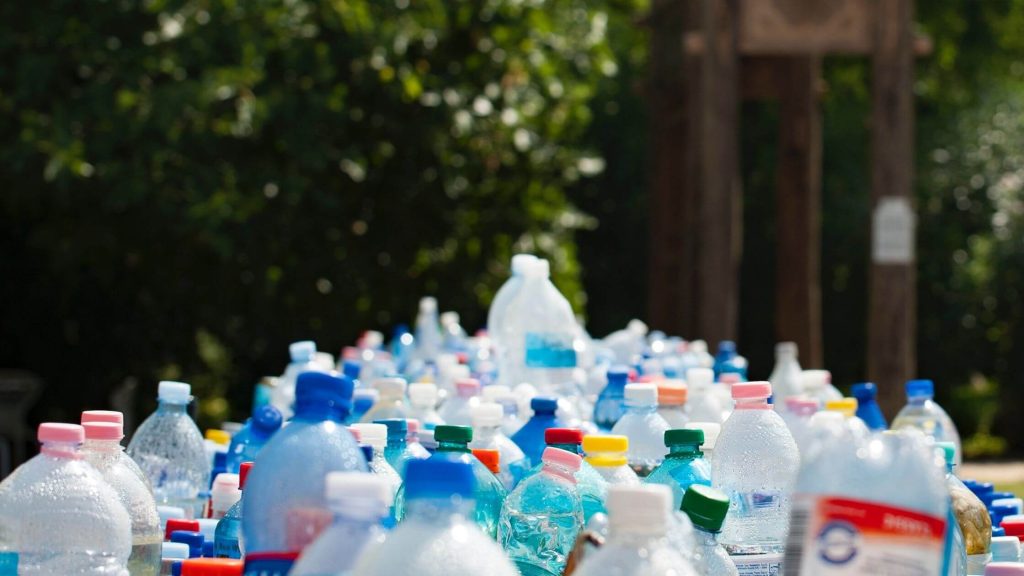The Committee discussed waste sorting infrastructure and technology in local government units. It met in the northern town of Prelog, which is regarded as an example of good practice in this regard because it has tripled the percentage of waste separation in the last five years.
A total of 1.7 million tonnes of municipal waste was generated in Croatia in 2020, which is a decrease of 6.5 per cent from 2019, and amounts to 418 kilograms per capita, said Mile Horvat, state secretary at the Ministry of Economy and Sustainable Development.
“2020 saw a rise in the number of local government units separately collecting biowaste from municipal waste. This activity was carried out by 20 units more than in 2019,” Horvat said.
At least 65 per cent of municipal waste should be recycled by 2035, but many local government units are far from meeting this target, said Pero Čosić, deputy chairman of the Committee.
He commended the town of Prelog as an example of good practice because it had tripled the percentage of separately collected waste in the last five years, which has now reached nearly 70 per cent of waste separation.
“The amount of mixed waste has also been reduced, to below 100 kilos per capita, which makes Prelog one of the leaders in sustainable waste management in Croatia,” Čosić said.
Such local examples show that the system of waste separation on the doorstep and establishment of local infrastructure for waste processing and recovery, along with raising of public awareness, are the key to meeting the set targets, Čosić said.
The mayor of Prelog, Ljubomir Kolarek, agreed, saying that his town’s success in waste management was the result of systematic work and public awareness raising over the last ten years.
The Committee said that the new Waste Management Act had set new, more ambitious targets with regard to municipal waste management, and that HRK 1.25 billion (€167m), which is planned to be invested in the waste management system through the National Recovery and Resilience Plan, should contribute to waste reduction, reuse and recycling.











